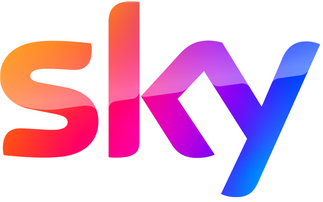4G, mobile, broadband and the handling of data all feature in a busy first six months in the telecoms industry
Mobile operators had been in a bitter war of words prior to 2013 in the battle for 4G spectrum, while in the broadband arena, BT had been storming ahead by signing up local authorities across the c...
To continue reading this article...
Join Computing
- Unlimited access to real-time news, analysis and opinion from the technology industry
- Receive important and breaking news in our daily newsletter
- Be the first to hear about our events and awards programmes
- Join live member only interviews with IT leaders at the ‘IT Lounge’; your chance to ask your burning tech questions and have them answered
- Access to the Computing Delta hub providing market intelligence and research
- Receive our members-only newsletter with exclusive opinion pieces from senior IT Leaders























